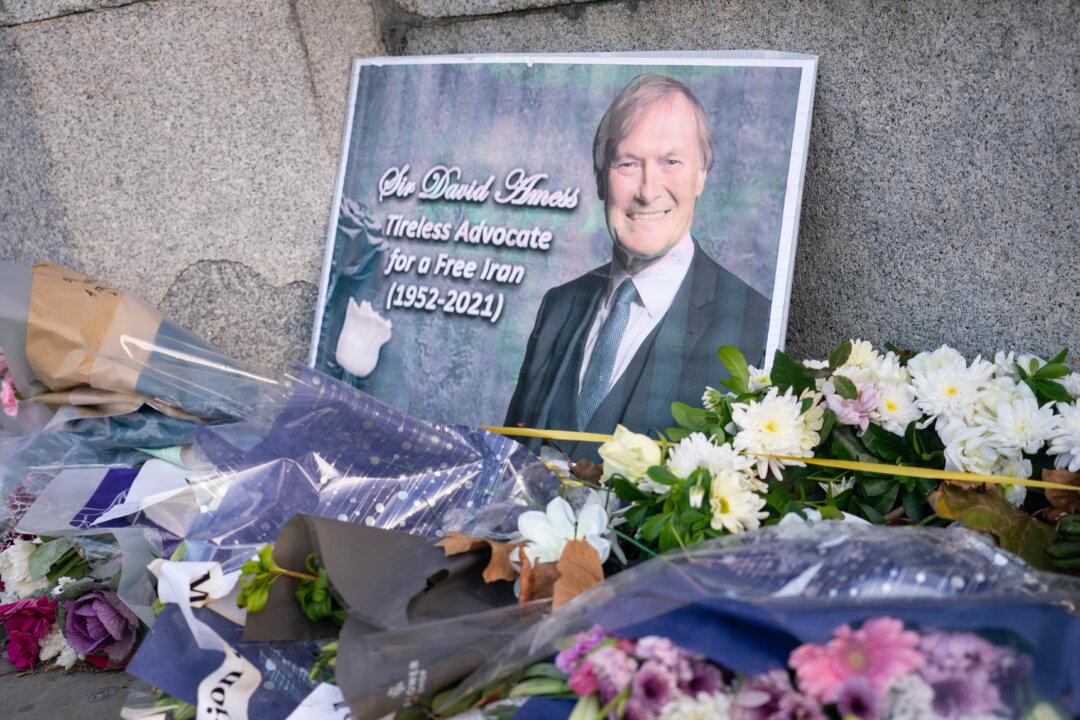MP’s security costs have increased by 29 percent last year and are set to rise further following the fatal stabbing of Conservative MP Sir David Amess, the UK’s parliamentary watchdog said on Friday.
Publishing its annual figures on MP’s business costs, the Independent Parliamentary Standards Authority (IPSA) said the total security assistance cost for the year 2020–21 was around £4.37 million ($5.92 million), almost £1 million ($1.36 million) more than the previous financial year.





